Handling Complexity...Go with the Flow
In the early days of commerce the “Silk Road”, like nature, was a constantly evolving ecosystem. Established during the Han Dynasty the Silk Road served as a significant network in the development of great civilizations such as China, Persia, India, Egypt, and even ancient Rome. In addition to the commercial trade that flowed along the trade routes connected to the Silk Road there was the acceleration and growth of ideas, cultures, philosophies, languages and religions including Christianity, Islam, Buddhism, and Judaism. Some of the most elaborate and beautiful Buddhist temples and grottos were also built along the road. No one group or authority was in charge of the trade or the route…it grew organically and advanced the exchange of the Western and Eastern civilizations.

In today’s world of commerce, the Internet most closely resembles a natural ecosystem. It's a network that doesn’t have anyone to manage or control it. It operates through continuous flows that are self-organizing, mutually enhancing and ever transforming and innovating. Like nature, people and organizations share a desire to transform, grow and innovate…if only we could set up the flow conditions to make it happen!
At first glance, academia is one of the most bureaucratic and controlled institutions in the world. But if you dig deeper, it too has elements that are evolving into a flow state. Over the past few years, students have become more empowered to design their own learning patterns and explore areas of study and research that feed their passions. Some of these programs have informed new innovations. For example, business school students’ passion for sustainability and social responsibility (fueled by the support of groups like Net Impact on campuses around the world) has coaxed universities to innovate their offerings and even create entirely new departments and degrees. As the increasing sophistication of business requires a new stream of imaginative talent, students are seeking college degrees that allow them to develop a broader range of expertise. Music mogul Dr. Dre and his business partner Jimmy Lovine (the masterminds behind the billion dollar Beats business) are developing a new degree at USC that fuses business and marketing with product development and design. This program will not only excite incoming students looking for new offerings but will also serve to feed Beats with a new slew of talent equipped to handle the complexities of the business.
The effects of the empowered flow that are changing universities are having a similar impact on major corporations. A few years back, one of our global retail clients was among the many who limited CSR (Corporate Social Responsibility) to the status quo i.e., initiating the usual programs like trash recycling, double sided printing, etc.. But in our breakthrough company strategy planning process, we held a deeper discussion with the leadership team about the importance of serving the needs and desires of the (increasingly vocal) local and global community by focusing on creating a more sustainable total company…not just Sourcing and Operations. This discussion deeply resonated with one of the Senior VPs. His passion and commitment for creating more sustainable business practices set in motion a flow of green creativity throughout the company. With the President’s support, he selected a group of employees from various functions and formed Green Teams (GT) tasked to explore ways to enrich life and add value to the company. One of the GT ideas was to build 100 garden plots near the headquarters and invite employees to grow organic produce to share with the community. Other ideas included new solutions for cost savings, like improving the efficiency of the buildings (e.g., lighting, packaging, paper, etc.). The Green Teams, with the help of the entire company, brought hundreds of thousands of dollars to the company’s bottom line…and this was just in the first few months. They even worked with a top university to develop an exemplar green program that earned the retailer top honors as the greenest company headquarters in the state. What is most impressive is this sustainability movement wasn’t run by department functions or the top of the house. It grew organically through the flow of passions of the people at the company and their desire to have a smaller footprint on the earth.
Big change (like transforming education or creating value outside of the normal company operations) can seem overwhelmingly complex if you are required to design a master-plan, develop the project, get funding, set up managing structures and control the process from beginning to end. But if you set up the conditions for a natural flow, you can often handle the high complexity of change. All you need to get started is a compelling vision/intention/result, a bit of passion, a few good ideas and a willingness to screw up the status quo.
